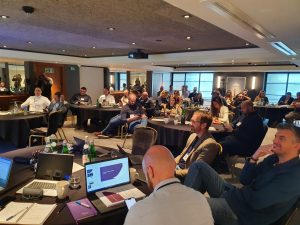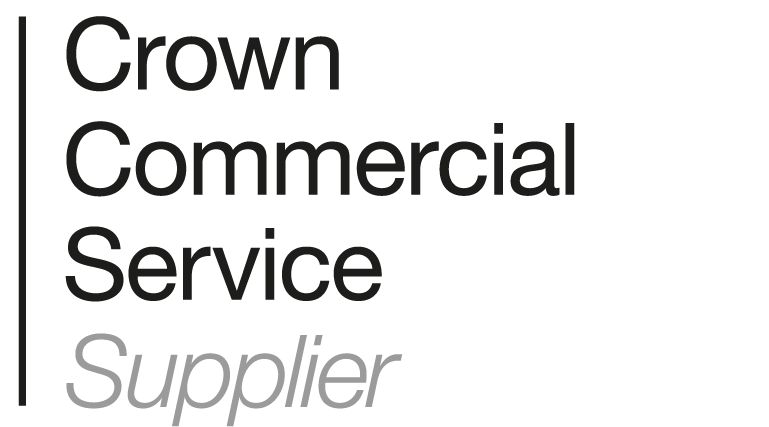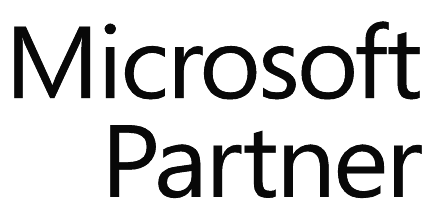The mis-selling of Payment Protection Insurance was the first to highlight a need for banks to improve monitoring of customer-agent interactions to ensure compliance was being upheld. Moreover, after the 2008 global financial crisis, consumers have became more aware and open to complain about the service being delivered when and if they feel they are being miss-sold too.
Figures published by the FCA regarding consumer complaints in 2018, show how important it is for banks to re-engineer the way they monitor their customer interactions, but also how damaging it can be if they don’t. The total number of complaints reported by firms in the second half (H2) of 2018 was 3.91 million with a total redress paid to consumers of £2.26 billion.
What is Speech Analytics?
Speech Analytics technology (also known as Interaction Analytics), is the process of analysing voice recordings or live customer calls with speech recognition software to find useful information. Speech Analytics identifies words and analyses audio patterns to detect emotions and stress in a person’s voice.
Speech Analytics software is growing in popularity not only in the Contact Centre world, but also in the Financial industry as a means to meet tightening compliance regulations as well as improving customer retention.
You can find more information on Speech Analytics in our article: What does Speech Analytics do
Building the case for Speech Analytics and Customer Monitoring
Against this backdrop and with the FCA alongside finance-focused special interest groups making it easier for consumers to switch banks, an environment has been created in which superior customer interaction monitoring is one of the best investments a bank can make. Speech Analytics offers 100% monitoring and analysis of customer interactions, enabling retail banks to prevent customer attrition, reduce customer effort, build a more competitive offering and ensure compliance.
Customer attrition alone can cost a bank millions. When customers switch financial institutions, it can cost the bank an average of £750.
There are a few areas where banks have been reported to be falling short when it comes to customer loyalty:
- Providing basic customer service
- Providing better clarity and transparency
- Preventing problems
Computational speech analytics have enormous potential, including the ability to monitor every customer conversation for quality, rather than just a few. But extracting the data that will genuinely lift customer experience scores is trickier than it looks.
You can find more information on Speech Analytics in our article: Tips for Implementing Speech Analytics
How to use Speech Analytics in a Retail Banking environment
1. Preventing customer attrition
Speech Analytics tools can search the entire database of recorded communications for predefined keywords and phrases that may indicate negative customer experiences or customer intention to switch banks.
Once you have found the calls where a customer appears to be unhappy, you can evaluate them and use them to provide the necessary training to agents in order to help them deal with situations like these in the best way possible and deliver a positive customer experience that prevents customers from switching banks.
Without Speech Analytics these interactions might otherwise have been missed if monitoring had been carried out through sampling techniques.
2. Reduce customer effort
Another area where Speech Analytics can prove valuable is in reducing customer effort. By identifying and categorising the interactions, you can gain better understanding of the prevailing reasons why customers are calling and find way of addressing prior to the customer getting in touch.
More often than not, these calls could have been avoided if a certain piece of information was made available online or clarified to the customers in advance. With this insight, you can improve communications with customers and run campaigns to highlight missing or unclear information, saving your customers the frustration of searching and trying to get in touch.
3. Building more competitive offerings
Most customers will not inform their bank when they decide to buy a product from another provider or why they have decided to switch to a competitor.
However, it is almost certain they would have made their intentions known through a call, web chat or email somewhere along their customer journey with you. With Speech Analytics, you can identify these (for example by searching through any mentions of competitors) and feed this information back to the marketing and sales departments to help design a more competitive offering and prevent unwanted loss of business.
4. Ensuring compliance
In a tightening regulatory environment, speech analytics for compliance is also a hot topic, benefiting retail banks primarily by offering risk-based quality monitoring across 100% of interactions. Rare but potentially catastrophic breaches of regulations are unlikely to be picked up by any of the random sampling methods most call centres typically select to assess their interactions.
While manual sampling of recorded calls or contacts provides little to no prevention of non-compliant behaviour, analytics software tracks every call for violations and risky language.
Moreover, real-time call monitoring solutions takes this one step further by tracking specific language and acoustic characteristics while the call is still ongoing. Phrases that indicate mis-selling or other compliance failings (such as agents offering advice to customers) can be isolated and followed up (within hours if necessary), enabling managers and supervisors to review occurrences of compliance infractions immediately and rectify potential failings early, at a non-critical stage.
Summing Up – Speech Analytics for Banking and Financial Services
There are many arguments in favour of using Analytics within a retail banking environment. Not only can it extract valuable business intelligence that would otherwise be lost in random call sampling, such as identifying reasons why customers call the company and what causes dissatisfaction, it also helps organisation improve compliance, operational efficiency, and employee performance.
*Interaction Analytics – Monitoring all multi-channel voice and text interactions including email, online forms, chat, social media, phone calls, surveys and more. Real-Time Analytics – Automatically capturing and analysing the entire customer interaction as it unfolds, formulating a tailored next best action guidance message on the desktop of the agent handling the call.
To find out more about speech analytics, contact our team






